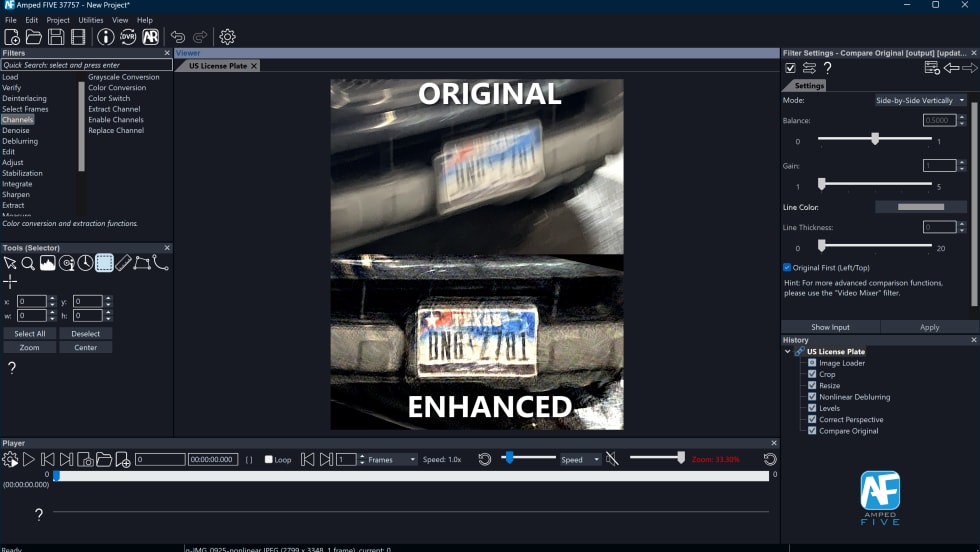The ruling was less severe than Thursday's accusation that the Maricopa County (Ariz.) Sheriff's Office engages in discriminatory policing.
"Our investigation has revealed that inadequate systems of supervision and oversight have permitted systemic use of force violations to persist at the Seattle Police Department," said Thomas E. Perez, assistant attorney general for the civil rights division. "The problems within SPD have been present for many years and will take time to fix."
The DOJ also found that Seattle Police officers are too quick to use impact weapons, such as batons and flashlights. When Seattle officers use batons, 57 percent of the time it is either unnecessary or excessive, according the the report.
The DOJ also claims Seattle officers escalate situations and use excessive force when arresting individuals for minor offenses, a trend that's pronounced during encounters with subjects who are mentally ill or under the influence of alcohol or drugs. The department estimates that 70% of use-of-force encounters involve these groups.
The DOJ, which analyzed use-of-force reports from Jan. 1, 2009, to April 4, 2011, noted several "entrenched deficiencies" that resulted in unlawful or troubling conduct by officers:











